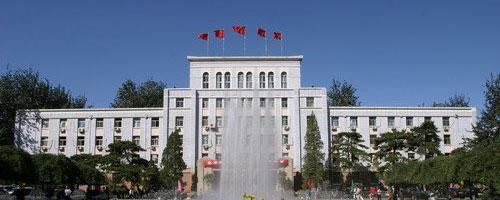Following the Dec. 21, 2014, release of the Municipal Bureau of Statistics' third national economic census data for Beijing, the This Is Beijing! website highlighted the information regarding research funding on Jan. 8, Thursday.
According to the bureau, the city's total research funding in 2013 increased by 77.2 percent in comparison to the total amount for 2009, with 118.5 billion yuan flowing into organizational coffers. Furthermore, the input intensity measurement in the Chinese capital city represented 6.1 percent, resulting in a number-one ranking for the nation.
The prominent data offsets the scientific misconduct issues that have plagued China. In 2013, the National Natural Science Foundation of China (NSFC) commenced a schedule of consistent press conferences at which investigation results and serious offences were publicized in the interests of academic integrity. At a Dec. 30, 2014, press conference, NSFC president Yang Wei reported that the number of breaches has decreased.
In response to the bureau's announcement, Zhao Hong, vice president of the Beijing Academy of Social Sciences, told reporters: "The census results show that Beijing's economy is becoming more sophisticated."
Zhao's statement is reaffirmed by the growth of the city over the last two years, as 48 of the world's top 500 businesses were established in Beijing by the time that 2013 was over, representing the highest concentration of corporate headquarters in any of the world's cities.
However, Zhao also expressed an area of improvement for Beijing, which has been named the "capital of headquarters."
"Small and medium enterprises help solve the employment problem. However, they need to be more specialized, high-tech and high-end," said Zhao.



























